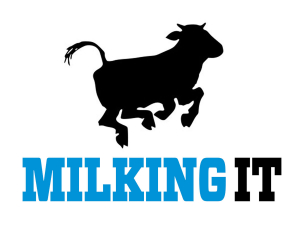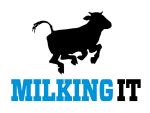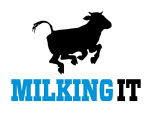They are combing the west coast for seaweed to feed to cattle and sheep after research showed it could stop them breathing out so much climate-warming methane.
The project, coordinated by a state agriculture body, is banking on the country’s growing seaweed industry to help the dairy sector avoid reversing a surge in Irish cattle numbers to reduce Europe’s largest per capita methane output by 2030.
About 20 species of seaweed, most from Ireland’s windswept Atlantic coast, have been tested by researchers. Scientists in the US and Australia have already demonstrated dramatic methanereducing qualities from one seaweed type – Asparagopsis – when small quantities are added to the feedstock.
But they have not yet managed to scale up production of the seaweed, which is not easy to grow in northwest Europe. The Irish hope they are luckier!











